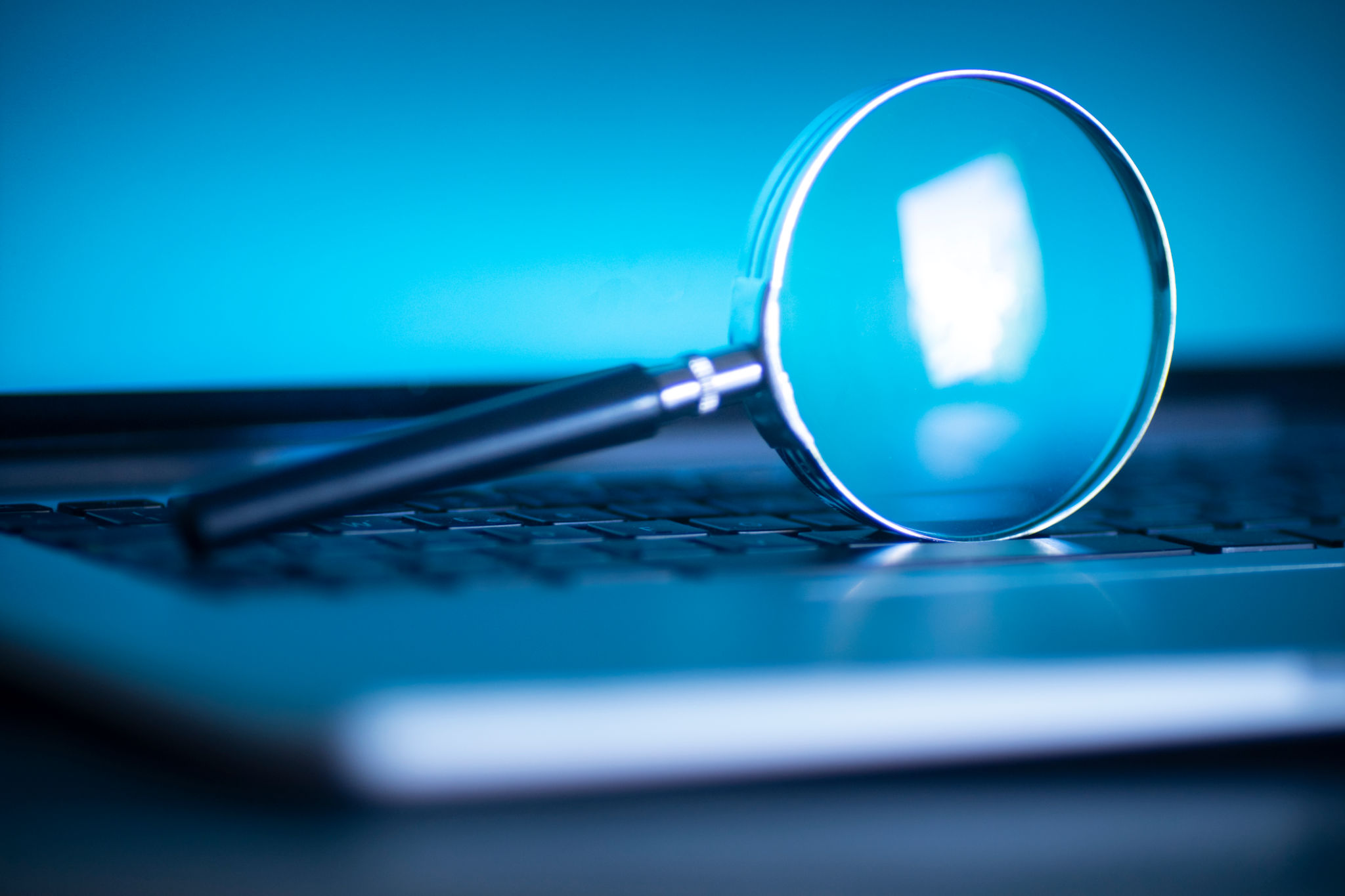Top Features to Consider When Choosing Analytical Instruments
Understanding the Importance of Analytical Instruments
In today's fast-paced scientific and industrial environments, choosing the right analytical instruments is crucial for ensuring accuracy and efficiency. Whether you're working in a laboratory, industrial setting, or research facility, selecting the appropriate tools can significantly impact your results. Understanding the features that matter most can help you make informed decisions and optimize your operations.

Accuracy and Sensitivity
One of the primary features to consider is the accuracy and sensitivity of the instrument. These qualities determine how well an instrument can measure and detect small changes in the sample being analyzed. Instruments with high sensitivity are essential for detecting low concentrations of analytes, which is particularly important in fields like pharmaceuticals and environmental science.
Accuracy ensures that the measurements are close to the true value, reducing errors and increasing confidence in data analysis. When evaluating potential instruments, it’s important to review their specifications and compare them against your specific needs.
Ease of Use and Compatibility
Another vital consideration is how user-friendly an instrument is. Instruments that are easy to operate can save time and reduce the likelihood of errors. Look for tools with intuitive interfaces, clear instructions, and minimal maintenance requirements. Additionally, compatibility with existing equipment or software can streamline workflows and facilitate data integration.

Data Management and Connectivity
In the digital age, data management capabilities are more important than ever. Analytical instruments that offer robust data storage and management features can enhance productivity and data security. Look for instruments that allow for seamless data transfer to computers or cloud-based systems.
Connectivity options such as USB ports or wireless capabilities can simplify the process of sharing data across platforms. This feature is particularly beneficial in collaborative environments where data sharing is frequent.
Durability and Maintenance
The durability of analytical instruments affects their longevity and reliability, making it an essential consideration. Instruments built with high-quality materials often withstand harsh conditions better and require less frequent maintenance. Assessing the manufacturer's warranty and support services can also provide insights into the expected lifespan of the equipment.
Regular maintenance is key to ensuring instruments remain in optimal condition. Opt for devices that offer easy access for cleaning and calibration to minimize downtime.

Cost-Effectiveness
Finally, cost is a significant factor in decision-making. While it may be tempting to choose less expensive options, it's important to balance cost with functionality and long-term value. Consider the total cost of ownership, including initial purchase price, operating costs, and potential repair expenses.
Investing in slightly more expensive but high-quality instruments can lead to greater accuracy, efficiency, and fewer disruptions over time, ultimately proving more cost-effective.
Conclusion
Selecting the right analytical instruments requires careful consideration of various factors, from accuracy and ease of use to durability and cost-effectiveness. By focusing on these key features, you can choose instruments that not only meet your immediate needs but also support long-term success in your field.
